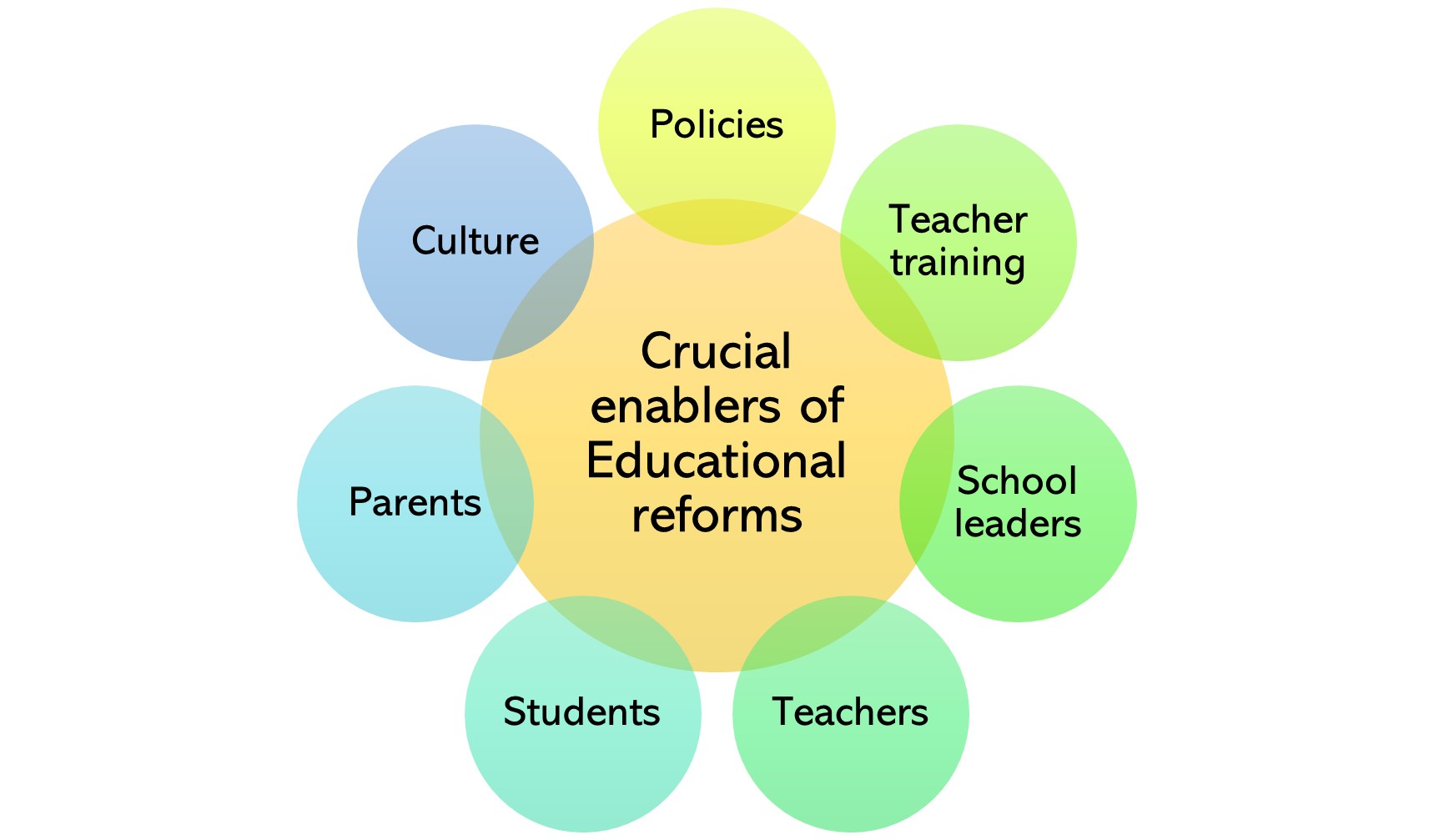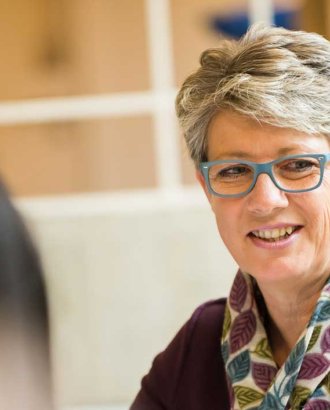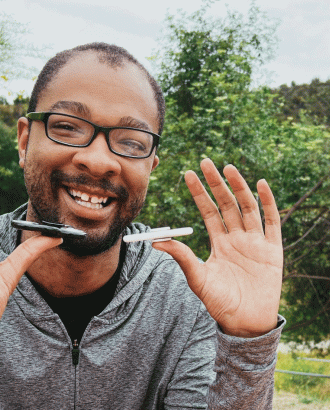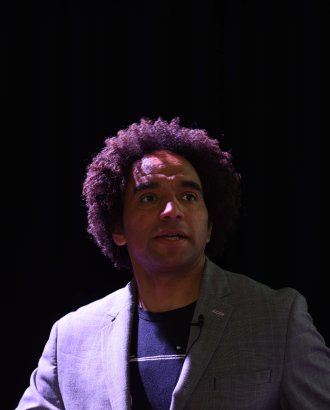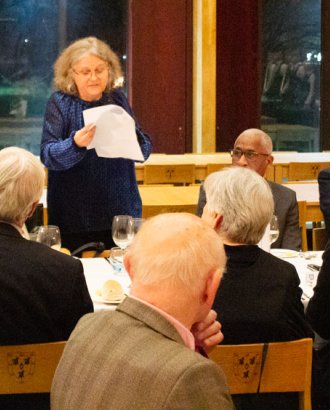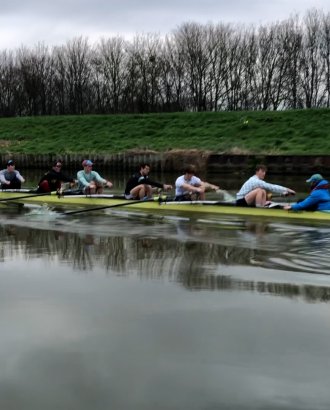Pat Kwok, Dawit Tibebu Tiruneh and Mesele Araya are post-doctoral researchers based at the Research for Equitable Access and Learning (REAL) Centre at the Faculty of Education, University of Cambridge. They share similar passions for improving equitable access to quality education for all children and adolescents particularly in low-income contexts. Their endless conversations have revolved around the causes of inequalities in education, and how research might contribute to addressing those issues.
Beginning the journey with reflective questions
“What does the most equitable educational system look like in low-income contexts? Is it about giving support to everyone so that students won’t be disadvantaged?”
“How do we enable every student to thrive in the ways they desire, regardless of their backgrounds and attributes?”
In line with these questions, our research works draw on specific country case studies to explore how the international commitment of ‘Education For All’ can be achieved. Our starting point is that equitable quality education is a fundamental human right for everyone. Quality education ensures all students acquire holistic competencies crucial for their lives, such as being responsible members of society, skilled workers, and having a high level of well-being. While these have usually been policy visions stipulated in global, regional, and local directives, we are interested in the ‘how’ part of translating these visions into practice at different education levels and in challenging circumstances. For example, given the ‘learning crisis’ observed in many low-income countries, which refers to the concern that the majority of children complete their primary schooling without acquiring the fundamentals of literacy and numeracy, we ask ourselves: how should education systems in these contexts respond to the challenges of ‘learning crisis’? We also seek ways to support practitioners who play key roles in enabling changes in the teaching and learning processes. We regularly reflect on questions like: what do teachers know already, what do their classroom practices look like, and what crucial support do they need to help their students learn better?
Our research explores responses to these questions in detail. Pat’s research focuses on what can be done to innovate and improve pedagogy within the classroom space. Working closely with teachers among teacher trainers and government officials in Rwanda, Pat is particularly committed to understanding what helps teachers to make practices more ‘learner-centred’. She begins the enquiry with a nuanced appreciation of how varied stakeholders navigate myriad complexities in the system. Identifying important enablers will be helpful to support teachers holistically through a whole-system approach to reform. This has strong synergies with the works of Dawit and Mesele in the ‘Research on Improving Systems of Education’ (RISE) project, which mainly focus on understanding the impacts of large-scale nationwide educational reforms in Ethiopia in improving learning outcomes of primary school children from disadvantaged backgrounds. Based on their teaching and research experience in Ethiopia, Dawit and Mesele argue that strong support is required for education systems across all levels in the country through a decentralised management structure. Similarly noted across these two research studies is that it is crucial to attend to multiple structural challenges in the education system, such as the paucity of school resources like pedagogical materials, limited professional development opportunities for teachers, large class sizes, among other issues (see Figure 1). These all together make equitable access to quality education extremely difficult.
Figure 1. Crucial factors that enable successful educational reforms
To bring about meaningful changes for issues and contexts we deeply care about, we have all had careful reflections on our research designs, methods, and impact dissemination through stakeholder engagement.
Making the ‘global-local’ connections
We first share a very similar commitment to working closely with our research participants based in Rwanda and Ethiopia. We recognise the problematic nature of being 'parachute researchers', which refers to researchers based in a foreign context who only visit the research site for a very short duration. Apart from ethical issues in data collection, this risks leading to a rather superficial understanding of local educational issues. In-depth critical reflection is particularly important to translate research findings into practical implications for policy and beyond. Hence, we highly value fieldwork and a wide range of methods that allow us to understand quality and equity issues more comprehensively. Nuanced attention can also be paid to context-specific socio-cultural dynamics.
Dawit and Mesele’s work has adopted a carefully designed longitudinal approach, which provides the opportunity to work closely with local researchers and policymakers at various levels in Ethiopia for more than 3 years. Pat’s research involves 10 months of fieldwork to allow for close engagement with teachers and teacher trainers through in-depth interviews and classroom observations. By avoiding the capture of teaching practice based on any fixed standards, Pat appreciates the collective reflection with teachers and teacher trainers on what they desire to achieve, and how they make the best decisions for their learners with very diverse needs. These research approaches have been helpful not only for gathering insightful data, but also for providing a contextualised reflection on what works well or not for improving equitable quality education. In our reflections, often a lot of heated debates are generated which have deeply enriched our thinking:
What works? Is there any evidence to show that this is effective?
Before focusing on the evidence, shall we actually ask a different question? Have we thought about the purpose of education here? Is learning in terms of literacy and numeracy the priority here, especially when COVID-19 has amplified a wide range of challenges?
Specifically in recognition of many deficit narratives around teachers and their teaching practices across African contexts, we acknowledge that teachers can be upskilled through professional development opportunities, but at the same time hoping to also acknowledge the complex systemic challenges they face using a more nuanced lens. This requires close and prolonged engagement with voices from multiple stakeholder groups. Apart from closely collaborating with the Rwandan and Ethiopian government representatives in our research, we also cherish local voices from NGOs, school leaders, teachers, teacher trainers, students, among others. Recently, Pat and Dawit have been part of the Mastercard Foundation 'Leaders in Teaching' initiative team in Rwanda. This collaboration explores with these different stakeholder groups what comprises ‘teaching quality’. This helps policymakers and teacher training partners to support teachers using more context-sensitive approaches. Such empirical evidence is particularly vital in informing policy and practice in education systems, especially at critical times. For instance, during the COVID-19 school closures in Ethiopia, Dawit and Mesele with other colleagues adapted their research to assess learning loss. The research outputs were very vital in providing a school reopening policy to the Ministry of Education in October 2020.
Moving forward with our research impact
Throughout our research journey at and beyond the REAL Centre, we have also been passionate about engaging with the notion of 'giving back' to the communities we work with, and educational systems to which we seek to contribute. As researchers, we hope to see how our research findings can make a substantial impact in reducing inequalities in learning, with a broader vision of making our society equitable and just. We value all opportunities to share findings with a wide range of audiences internationally, and locally in Ethiopia and Rwanda. Beyond academics, we are interested in collaborating with international and local partners, comprising policy actors and practitioners. The exchange and feedback we received during the engagement activities have been highly beneficial for improving our ongoing and future research.
For instance, Dawit and Pat visited Kigali, Rwanda in November 2022 to share findings with the funder and local partners. This was part of the ongoing collaboration with our local research partners, who have been vital in implementing various programmes that support teachers, and collecting data that helps to reflect on the progress. Much in the same way, in December 2022, Mesele travelled to Ethiopia to administer a dissemination workshop and presented some of the research findings to various stakeholders. The main takeaways for the Ministry of Education is summarised here.
In addition to our research endeavours at the REAL Centre, our roles as College Research Associates at Homerton College have been extremely enriching. We have been regularly sharing our research experiences and broad findings with Homerton Fellows from different disciplines during lunches and formal dinners. Many Fellows have been supportive and appreciative of our research efforts, and these conversations have offered us potentials for future interdisciplinary collaborations. Our roles as tutors, supervisors, and mentors at Homerton College have also helped us to reflect on the issue of inclusion through not only research, but everyday practice. This includes how we can better support our students with diverse needs in their learning processes. As international scholars who have been actively reflecting on the same issues during our educational and professional journeys, we look forward to continually engaging with many excellent opportunities offered by Homerton College, the Faculty of Education, and the University of Cambridge. We will make every endeavour to channel our experiences into making our world a more welcoming place through and beyond education.
